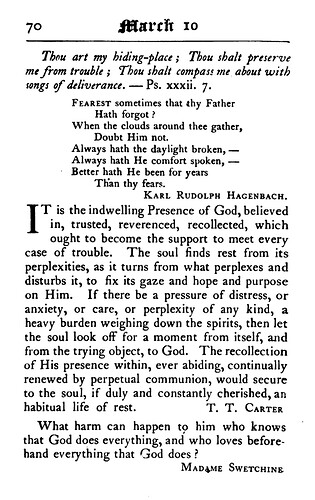The present author is by no means a philosopher, he has not understood the System —whether it exists, whether it is completed—this itself is already enough for his weak head: the thought of what an enormous head everyone in our times must have because everyone has such an enormous thought.
The present author is not a philosopher nor does he understand anything about Hegel’s System, rather he wonders at what large heads people today must have for their large thoughts.
Even if one were able to restate the entire content of faith in conceptual form, it does not follow that one has grasped faith, grasped how one entered into it or how it entered into oneself.
[This needs no translation really; it’s straight-forward prose; so pay attention!]
The present writer is by no means a philosopher, he is, poetice et eleganter [to express it poetically and in elegant fashion], a supplementary clerk who neither writes the System nor makes any promises concerning the System, who neither obligates himself to write about the System nor obligates himself to the System.
The writer is just, poetically speaking, a superfluous, low-level writer, who has nothing to do with the System.
He writes because for him it is a luxury that is all the more pleasant and palpable, the fewer there are who purchase and read what he writes.
[Again, no translation needed, but note the sarcasm.]
He easily foresees his fate in an age when people have written off passion in order to serve scientific scholarship, a time when an author who wants to have readers must take care to write in such a way that people can leaf through the pages during an afternoon nap, and he must take care to conduct himself in the manner of that polite gardener’s apprentice in Adresseavisen [classified ads] , who, hat in hand and with references from his most recent place of employment, recommends himself to a highly respected public.
The present writer sees himself groveling before readers like the gardener’s apprentice from the classified ads, bowing and scraping to get a job from people who won’t listen carefully to him, who want everything written so they can dispassionately flip through the pages, while half asleep.
He foresees his fate: to be utterly ignored; he has intimations of something frightful: the numerous floggings to which he will be subjected by zealous critics; he trembles at what is even more frightful: that one or another busy scholarly bureaucrat, who gorges on paragraphs (who, in order to rescue scientific scholarship is always willing to do to someone else’s writings what Trop magnanimously did with The Destruction of the Human Race, in order “to preserve good taste”), who will cut him up into paragraphs, and who thus, with the same inflexibility as the man who, in service to the science of punctuation, divided up his speech in accordance with the word-count, so that there were fifty words before a period and thirty-five before a semicolon.
The present writer expects to be ignored by readers, beaten up by zealous critics, and worse, have his work subjected to an editor (a scholarly bureaucrat), who will cut the author (by way of his work) into easily digestible bits in order to maintain word counts.
— I prostrate myself in the most profound subservience before every systematic customs inspector: “This is the not the System, it has not the least thing to do with the System.
I humbly prostrate myself before every editor of philosophy (systematic custom’s inspector). This is not the System; it has nothing to do with the System.

